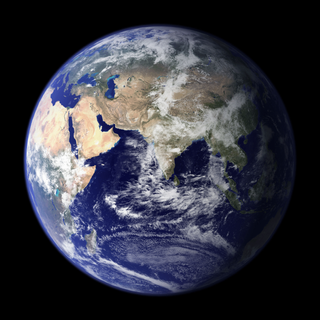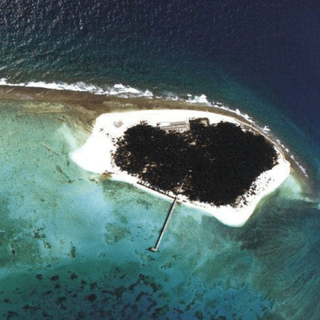Unless greenhouse emissions are drastically reduced, colonies of emperor penguins will be on the brink of extinction as early as 2100, experts warn.
Emperor penguins are endemic to Antarctica, and the frozen continent is home to 54 such colonies. At present, approximately 595,000 adult Emperor penguins are believed to be alive, according to the World Wide Fund for Nature. They are the largest among all known species of penguins, and live for around 15-20 years in the wild.
Currently, emperor penguins are classified as “near threatened,” according to the International Union for the Conservation of Nature.
However, the new study, published this week in Global Change Biology, warns that 98% of emperor penguin colonies will become quasi-extinct by 2100 if climate change fueled by greenhouse gas emissions continues at the present rate. In fact, by 2050, at least, two-thirds of these colonies would be quasi-extinct.
“Quasi-extinction” is a term used to describe a scenario, where a “population may be doomed to extinction even if there are still individuals alive.”
“The life-cycle of Emperor penguins is tied to having stable sea ice, which they need to breed, to feed, and to molt,” Stephanie Jenouvrier, an associate scientist of biology at the Woods Hole Oceanographic Institution in the U.S., who led the study, told The Washington Post.
Related on The Swaddle:
A Zoologist’s Century‑Old Expedition Notes Reveal Penguins’ Depraved Sexual Behavior
Basically, emperor penguins have a very “narrow comfort zone” — scientists call it the “Goldilocks’ zone.”
“If there is too little sea ice, chicks can drown when sea ice breaks up early; if there is too much sea ice, foraging trips become too long and more arduous, and the chicks may starve,” Jenouvrier noted.
But climate change has begun melting this comfort zone away. In fact, in 2016, an entire colony of emperor penguins was effectively wiped out when the ice shelf they were on collapsed, and about 10,000 chicks, who hadn’t yet learnt to swim, drowned.
“The greatest threat emperor penguins face is climate change,” Jenouvrier wrote in The Conversation.
However, it isn’t too late yet. “[Climate change] will disrupt the sea ice cover they rely on unless governments adopt policies that reduce the greenhouse gases driving global warming,” Jenouvrier added.
Jenouvrier worries that at the present pace of climate change, future generations may never get the “chance to meet these masters [emperor penguins] of the frozen world.”
“We need to act now, before it’s too late… And not just for penguins, for us, and for our children.”




